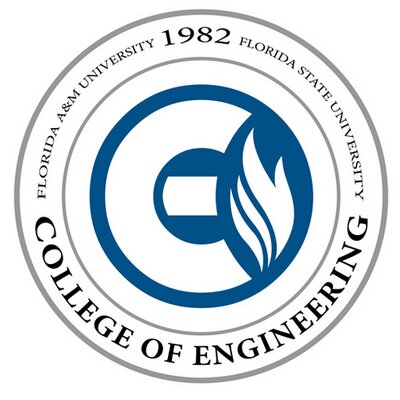
A joint effort by Florida Agricultural and Mechanical University, Florida State University and other community partners has resulted in a new program designed to accelerate the commercialization of university research.
The Technology Commercialization Accelerator Program (TCAP) is an intensive seven-week course that invites select faculty inventors to form a team of postdoctoral researchers, graduate students and a business mentor to investigate whether their technology is marketable. Over the course of TCAP each team learns how to test their ideas, understand customer demand, examine competition and develop partnerships to turn their research into profitable ventures, all under the watchful eye of experienced advisers and mentors.
“I am looking forward to TCAP helping FAMU and FSU researchers bridge the gap between making their laboratory discoveries and having a marketplace presence for their innovations,” said Reis Alsberry, director of technology transfer at FAMU. “This is exactly the kind of tool we can use to make that happen for the economic benefit of both universities and the Tallahassee area as a whole.”
The first group accepted into TCAP consists of five teams whose research includes more efficient and less costly solar cells, biotechnology tests to improve food safety, more efficient sail designs, superconducting power devices that have the potential to create much more efficient electrical power networks and software for autonomous vehicles.
“TCAP gives academic researchers a feel for an entrepreneurial/business approach, which may be entirely different than the basic research they are involved in,” said Brent Edington, director of the FSU Office of Commercialization. “Exposure to the program will help them understand the difference between basic research and commercialization and the challenges that need to be overcome to make their research a commercial success.”
TCAP is modeled on the successful National Science Foundation Innovation Corps (I-Corps) program. Several FSU and FAMU teams have participated in I-Corps programs and demonstrated their value in focusing on commercialization efforts.
Participants in I-Corps programs are much more likely to file patent applications for their discoveries, more likely to receive other commercialization grants and more likely to have their research commercialized. Other benefits to participants include discovering new markets for their technology, gaining an appreciation for what it takes to commercialize technology, saving years and money by accelerating understanding and learning more about further applications or new areas of research to pursue.
“The NSF I-CORPS program was an excellent model for us to build on as we work to help our students and faculty gain experience and knowledge on the commercialization potential of their research,” said Bruce Locke, interim dean of the FAMU-FSU College of Engineering and a previous participant in the NSF I-Corps Team program.
TCAP began in October and will run through early December 2015. Other TCAP partners include the FAMU-FSU College of Engineering, the Florida Institute for the Commercialization of Public Research and Domi Station.




